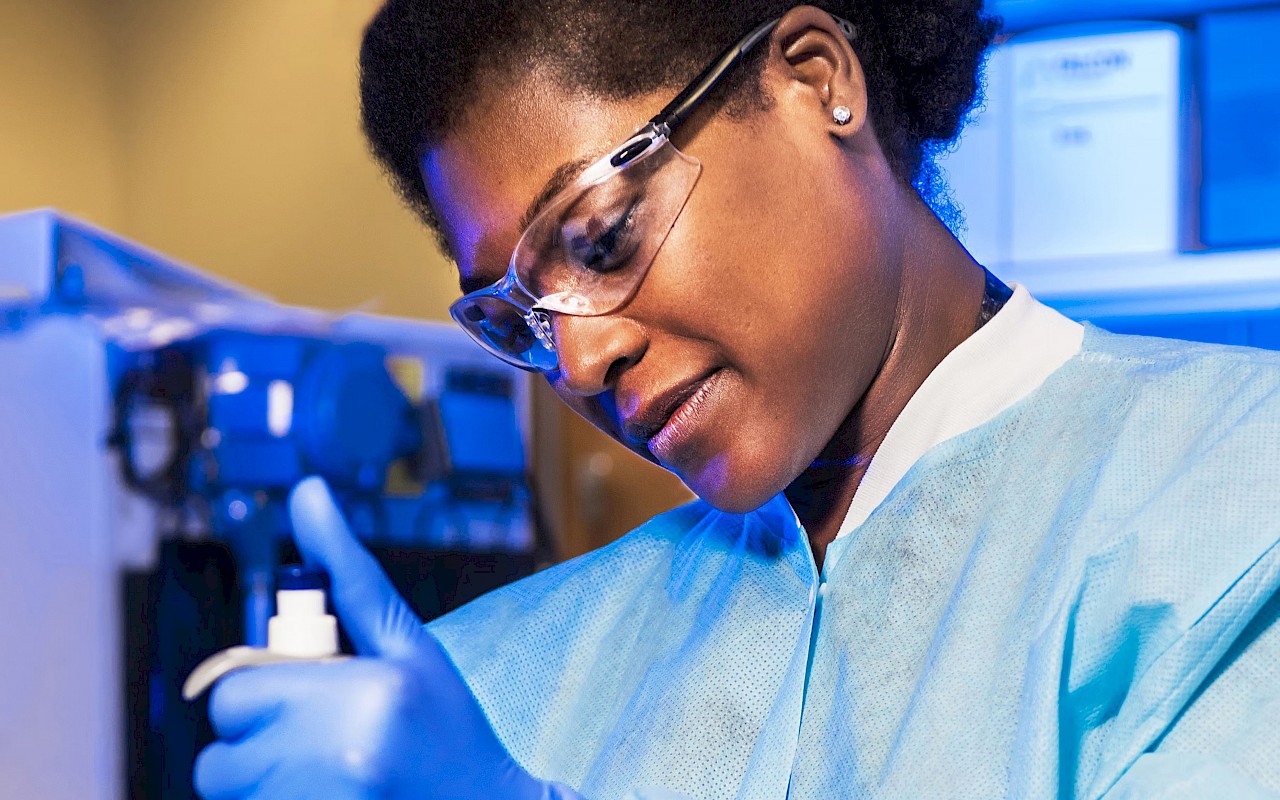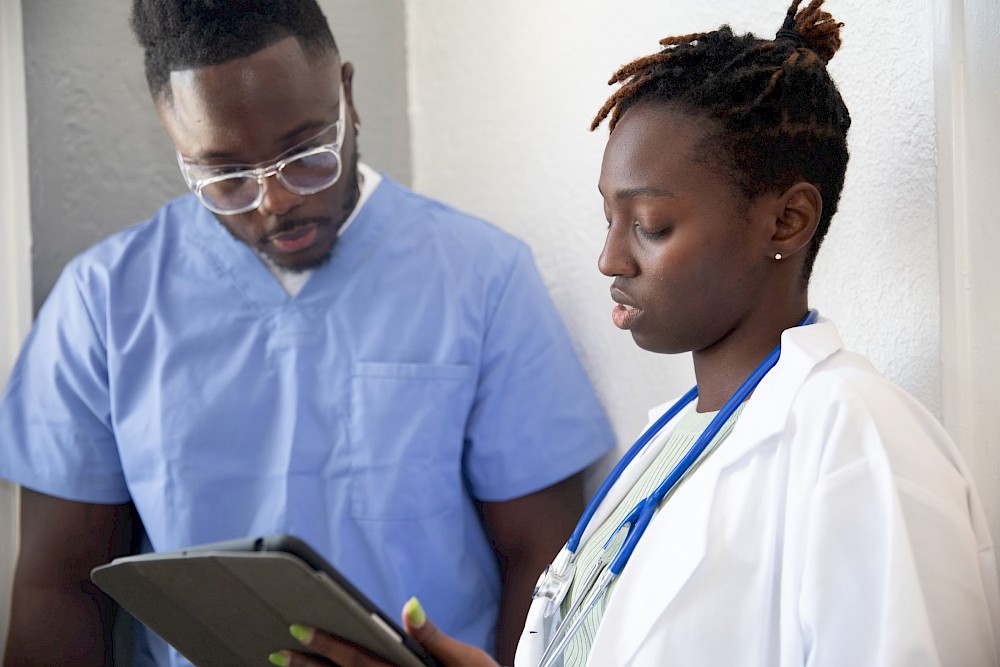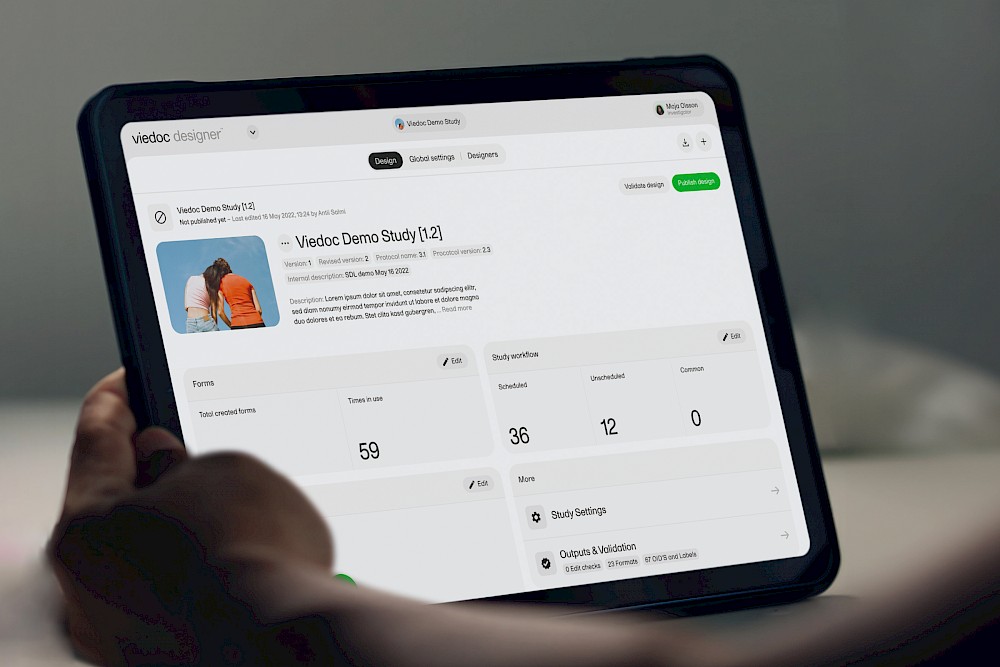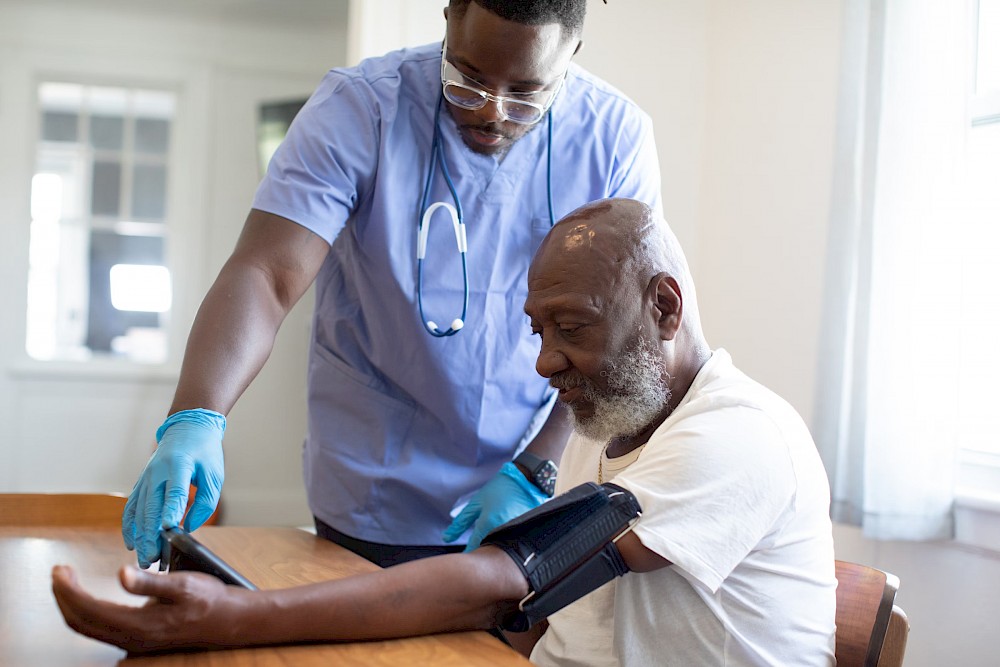
At the same time, drug-resistant strains of the disease remained relatively stable between 2020 and 2022, after a slow downward trend between 2015 and 2019. This, coupled with the long treatment regimens currently required, has brought the urgency for action and investment in TB research even more under the spotlight. For those affected by TB, rapid access to better regimens of shorter treatment duration with fewer side effects is the ultimate goal.
To this end, Tecro Research and the Division of Infectious Diseases and Tropical Medicine at LMU Klinikum have recently been working together on some TB clinical trials utilizing Viedoc solutions.
Tecro Research, the contract research organization (CRO), is a niche data management and statistical programming provider based in South Africa. Established eight years ago, the partners collectively have almost 50 years of experience in the pharmaceutical industry, and a unique combination of skills and knowledge. They have a focus on infectious diseases, with a deep understanding of the very complex labs associated with TB.
The sponsor for the study is the Division of Infectious Diseases and Tropical Medicine, from the LMU university hospital in Munich, one of the largest healthcare facilities in Germany. The division counts with an ambulatory clinic focused in tropical diseases and travel medicine, and the “tropical institute”, covering different kinds of research in several infectious diseases, such as observational studies and cohorts, as well as interventional studies, including the TB clinical trials.


The trial is ongoing, with a duration on a patient basis of one year, and plans to enroll 270 patients in total. The aim is to evaluate new and shorter experimental regimens in adult patients with pulmonary TB sensitive to the first-line antibiotics.
The trial is looking at optimizing the dose of a specific anti-TB drug and the shortening of the duration of the regimen. The current standard of care for drug-sensitive TB is effective, but is composed of four drugs for the initial two months, and then continuing with two drugs for a further four months.
Ivan Noreña—a medical doctor specialized in internal medicine and infectious diseases, and clinical scientist in the Drug Development and Diagnostics TB unit of LMU division of infectious diseases and tropical medicine—clarifies: “The best case scenario would be that the analyses find these shorter regimens and new experimental regimens, are equal or better than the standard of care in getting the culture conversion to negative”
In terms of study design, it's a phase 2B/C open label trial. In terms of scale, this is an international trial at eight participant sites across six countries. All the countries are in Africa—South Africa, Tanzania, Mozambique, Gabon, Uganda, and Malawi—with three study sites in Tanzania, but just one study site in the other countries.
The study is made up entirely of site visits. Participants come to the site once a week for the first 16 weeks, then it moves to every two weeks, and in later phases there are several weeks between follow ups, where the participants received different assessments.

Both Tecro Research and the LMU hospital team praised the Viedoc system’s speed and flexibility. They said the API works amazingly fast compared to other EDCs, and the fact that you are able to limit the data that sites can enter vastly improves quality. Jacques Booth, Senior Programmer at Tecro Research, says: “In one other trial with another EDC, it took me about two hours to import the data. It takes me 20 minutes with Viedoc.”
Although Tecro Research switched to Viedoc two years ago, they still use SAS for their statistical analysis. Although many of the reports could be implemented in Viedoc, so far time has dictated that they stick with SAS, meaning Viedoc needs to be able to easily integrate. Cornea Venter, Head of Data Sciences at Tecro Research, confirms that it really is: “Viedoc already provides the CSV files with the script to import it into SAS, so it's very easy for us to implement that.”
Ivan also emphasized how useful it is that they don't have to wait for Tecro Research to export data and send it to them. They can go in directly at any time to review, do basic graphs, and export files. Ivan says: “One massive plus for us is the fact that we can easily export the Viedoc data for monitoring.”
Both Tecro Research and the LMU team were keen to stress just how user-friendly they found Viedoc when they started to use the platform. Training made it really easy to go deep into the platform, and they quickly gained clarity on how to check for specific data.
Easy onboarding has been cited as a real bonus too, and Viedoc were highly praised for their flexible, comprehensive, and cost efficient training. Cornea explains: “For all the other competitors, we had to do in-person training or virtual training at very odd times of the day or night. Your training and onboarding is just so much easier—you really make it easy for people to start using Viedoc.”
Viedoc makes the compliance and regulatory side of things more manageable. It can be challenging to align everything for a multicenter study, with different protocols, documents, and regulatory processes in each country. But Cornea points out: “This is something that Viedoc did very well for us, to allow us to develop the CRFs (case report forms) differently based on the country, the site, and the protocol version.”
Cornea sums up by saying: “Building your database, maintaining your database, and error checks are really, really easy with Viedoc. It's a very intuitive process. Instead of running out of time, we can now identify the most critical edit checks to implement that directly impact our quality. Our main driver will always and should always be quality, and Viedoc provides that quality.”

To better understand how Viedoc could help with every aspect of your clinical trials, book a demo. This way you will be able to experience firsthand the speed, quality, ease of use, integration possibilities, and accessibility the Viedoc solution offers.
If you are a CRO, sponsor, academic institution, or university working to support the Sustainable Development Goal 3 of the United Nations 2030 Agenda for Sustainable Development, and your research directly relates to tackling tropical diseases, such as HIV/AIDS, TB, malaria, or hepatitis B, you may be eligible for a free license of the acclaimed Viedoc eClinical suite. Click here for more information about this initiative.


"Viedoc is an easy-to-use platform made even better with great customer service"